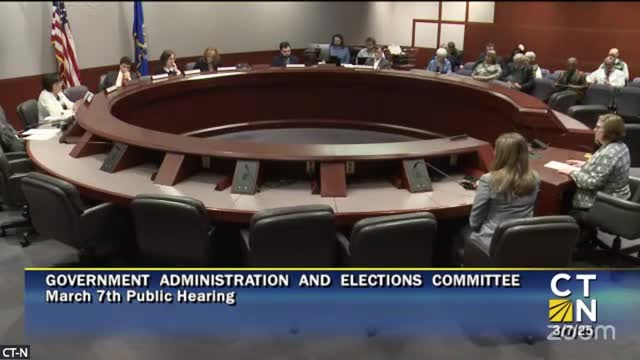Article not found
This article is no longer available. But don't worry—we've gathered other articles that discuss the same topic.
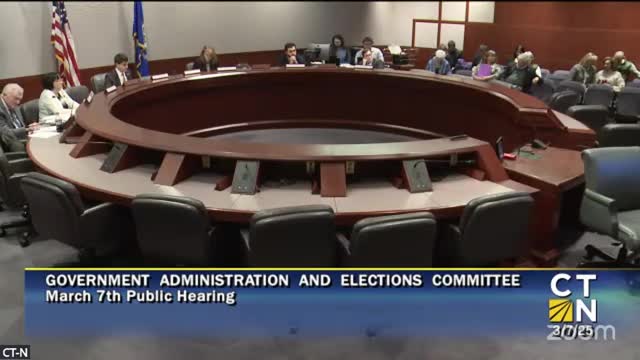
Former GAE cochair warns committee of contested jurisdiction over elections enforcement
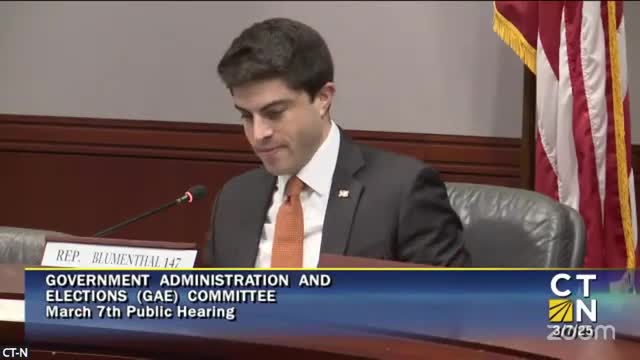
Treasurer backs changes to unclaimed-property law; bill would add funeral-contract reporting and limit small-mailings
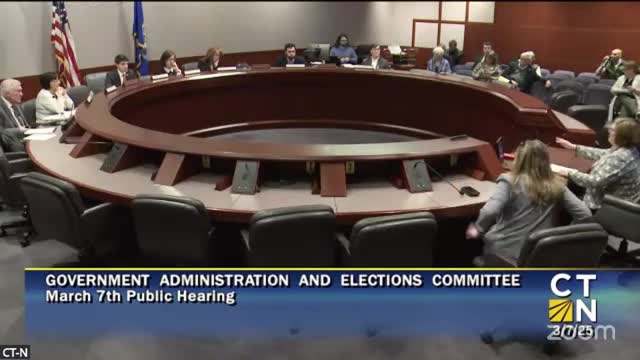
DAS seeks higher contracting thresholds; State Properties Review Board urges retention of oversight
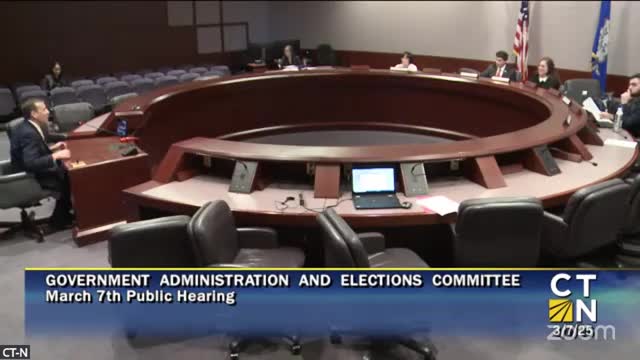
Sen. Matt Lesser pushes certification for all moderators to close a statutory loophole
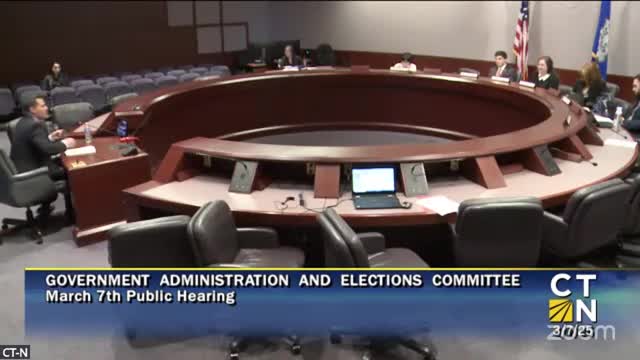
Technology coalition urges law to prevent restrictive software licensing that limits cloud portability
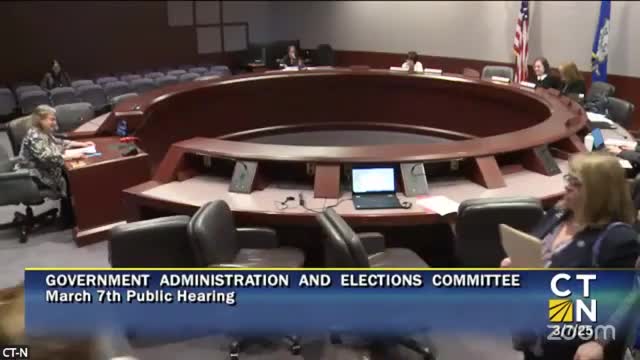
League of Women Voters and municipal leaders press for clearer wording on charter‑revision ballot questions
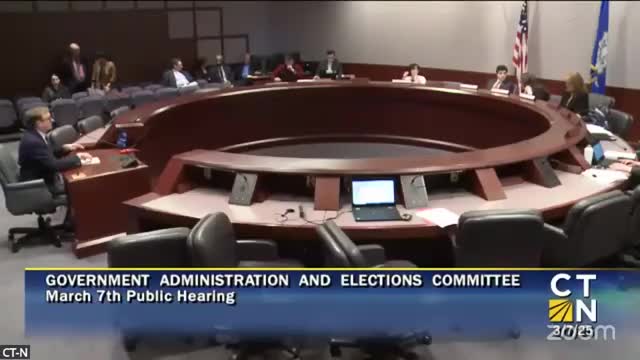
OPM data officer urges updating agency list and repealing one annual report to committee
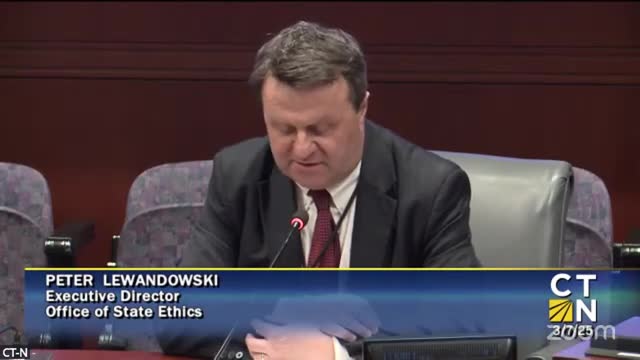
Office of State Ethics seeks to expand conflicts rules to cover public officials’ non‑state employers
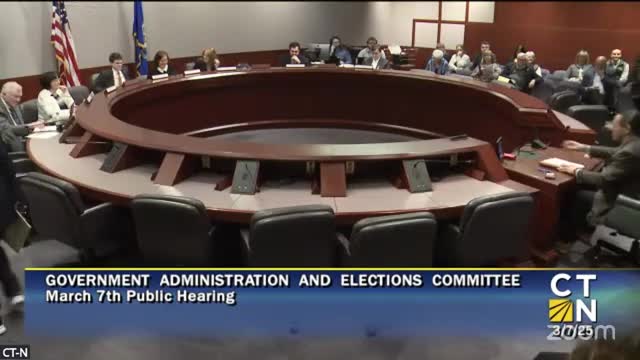
Mashantucket Pequot leader urges law change to treat tribes as governments in campaign‑finance rules
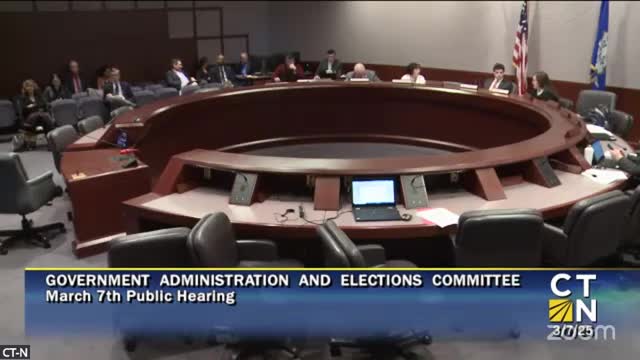
Attorney General’s staff seek FOIA exemption for home addresses after threats and harassment incidents
